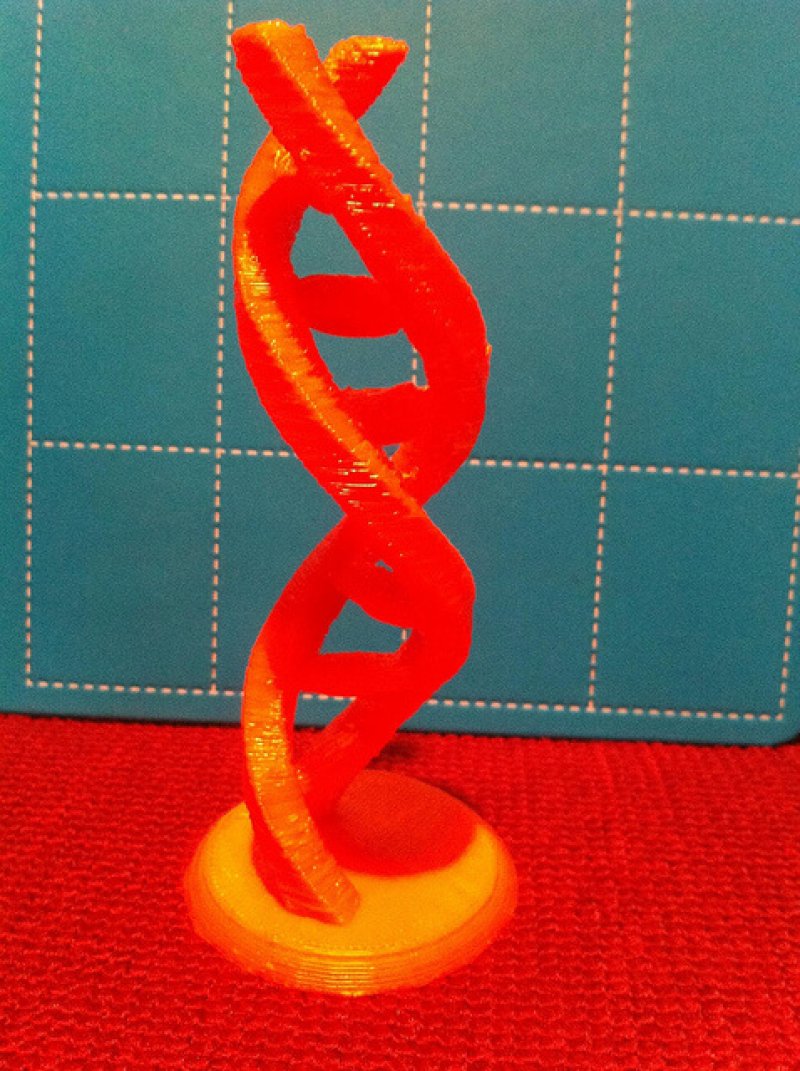When signing up for health insurance in the U.S., it’s not uncommon for a company-hired healthcare provider to check your blood pressure, listen to your heart and sometimes take a hair sample to check for smoking behavior. And in Canada, at least for now, insurance companies can also ask if you’ve ever had your genes tested and request you provide them a copy of the results.
Canada’s consumer watchdog agency the Office of the Privacy Commissioner (OPC), has formally requested that insurance companies voluntarily ban the practice of asking clients for these results, at the very least until it can be proved useful, OPC representative Patricia Kosseim told the Toronto Globe and Mail:
In effect, the industry’s current position is that applicants should hand over all genetic test results and let the insurance actuaries determine what is material or not…And we’re saying that by our federal private-sector law standards, insurance companies should not be collecting this information in the first place, if it’s not necessary and effective in assessing actuarial risk.
In the U.S., the Genetic Information and Non-Descrimination Act (GINA) prohibits insurance companies from using genetic information in the health insurance market, but leaves the life insurance market open. In Canada, although there is no formal policy, the situation is opposite.
Representatives from Canada’s insurance lobby groups say that personal genetic information will prove to provide important information about health risks, even if it can’t right now. The industry already voluntarily excludes genetic information from life insurance qualifications, but does not want to extend the ban to the health insurance market.
But the government officials worry that people will stop genetic testing, even in necessary cases like cancer diagnosis, if they think results could be used to discriminate against them for health insurance qualification in the future. Kosseim also said she worried people would be put off joining scientific studies with a genetic component, for fear that these results could somehow be tied back to them.
A spokesperson for the insurance industry told the Globe and Mail that companies already gather this data by asking for family histories and blood sugar and cholesterol checks. The key different, however, is while those tests, in the case of cholesterol and blood sugar could point to actualized disease, a genetic test would only ever offer a probability. Moreover, that probability relies heavily on a myriad of unknown outside factors to manifest, editors at Globe in Mail wrote in late 2012, when they began urging the government to formalize a policy.
The interplay between genes and environment is so complex that it becomes impossible to say with certainty whether genetic predisposition actually results in the development of a particular disease. There are legitimate fears that genetic data could be over-interpreted.
People’s genetic information must receive a minimum level of privacy and security. Otherwise the considerable promise in genome research for the future treatment and prevention of disease – something of benefit to all Canadians – will never be realized.
Additional Resources:
- GINA’s sixth birthday: Does legislation protecting our genetic information mean anything?, Meredith Knight, Genetic Literacy Project
- Privacy for our electronic genomes: Who’s responsible? What’s at stake?, Meredith Knight, Genetic Literacy Project































